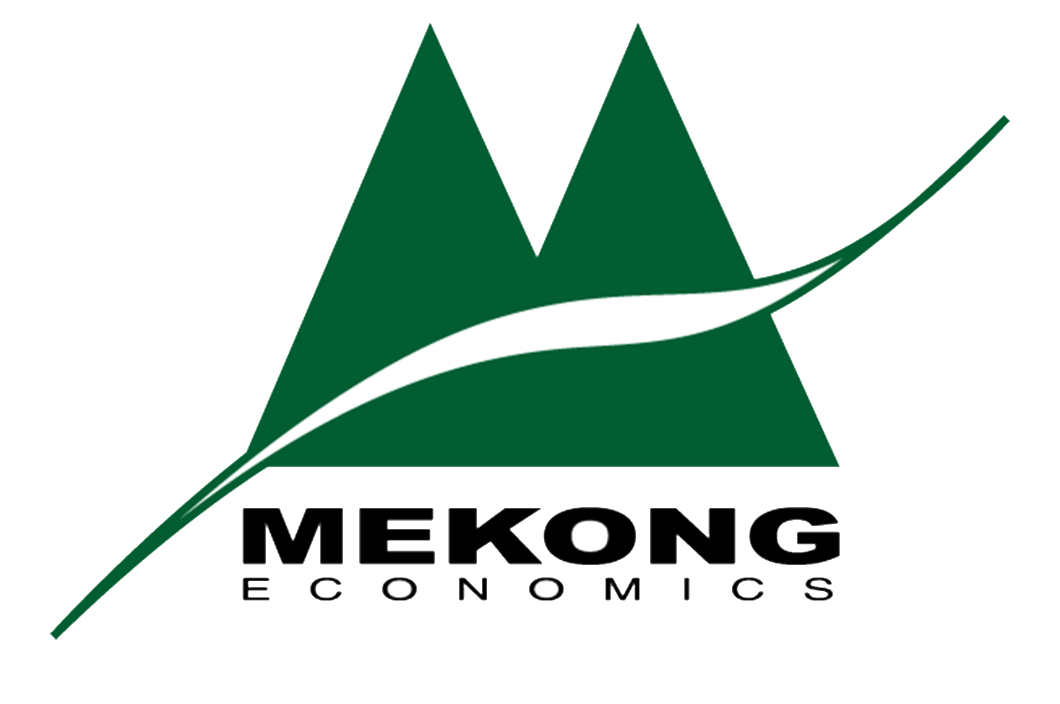MEL Activities under the Graduation Model under the “LIFT” funded project “Response Mechanism for Addressing Protracted Displacement in Rakhine State, Myebon and Mrauk U.
Description of Project:
The project implemented a graduation model to support internally displaced persons (IDPs), former IDPs and the surrounding communities. The graduation model was built on five core elements: (i) provision of productive assets; (ii) technical and business skills training to manage the respective product asset; (iii) consumption support through regular cash or food support; (iv) home visits/coaching geared at community inclusion and positive behaviour change; (v) financial inclusion, training on financial literacy and linkage to formal financial services. The objective of the assignment was to monitor the model and evaluate its impacts on the livelihoods and wellbeing of the target households.
MKE implemented the following tasks:
● Meet with RI to discuss the scope, approach, methodology, resource mobilization, stakeholders, timelines, deliverables for the baseline evaluation;
● Develop methodology and data collection tools including household surveys, focus group discussions, key informant interviews;
● Review the project documents and the result matrix and relevant indicators;
● Review the M&E needs of the project and of the graduation model and identify relevant indicators to be measured;
● Conduct data collection throughout the baseline, M&E, and endline studies;
● Design a monitoring system including a logframe framework, theory of change, result matrix;
● Develop guidelines for tools to be used in the data collection system;
● Provide technical assistance and training to the staff in the use of the tools, M&E standards and good practices;
● Periodic reporting on the project progress including provision of monthly narrative reports;
● Capture lessons learnt, and provide forward-looking recommendations to ensure that the project can effectively capture optimal impact;
● Provide recommendations for project implementation focus areas for the graduation models on strengthening methodology for qualitative impact assessment on the rest of the program
